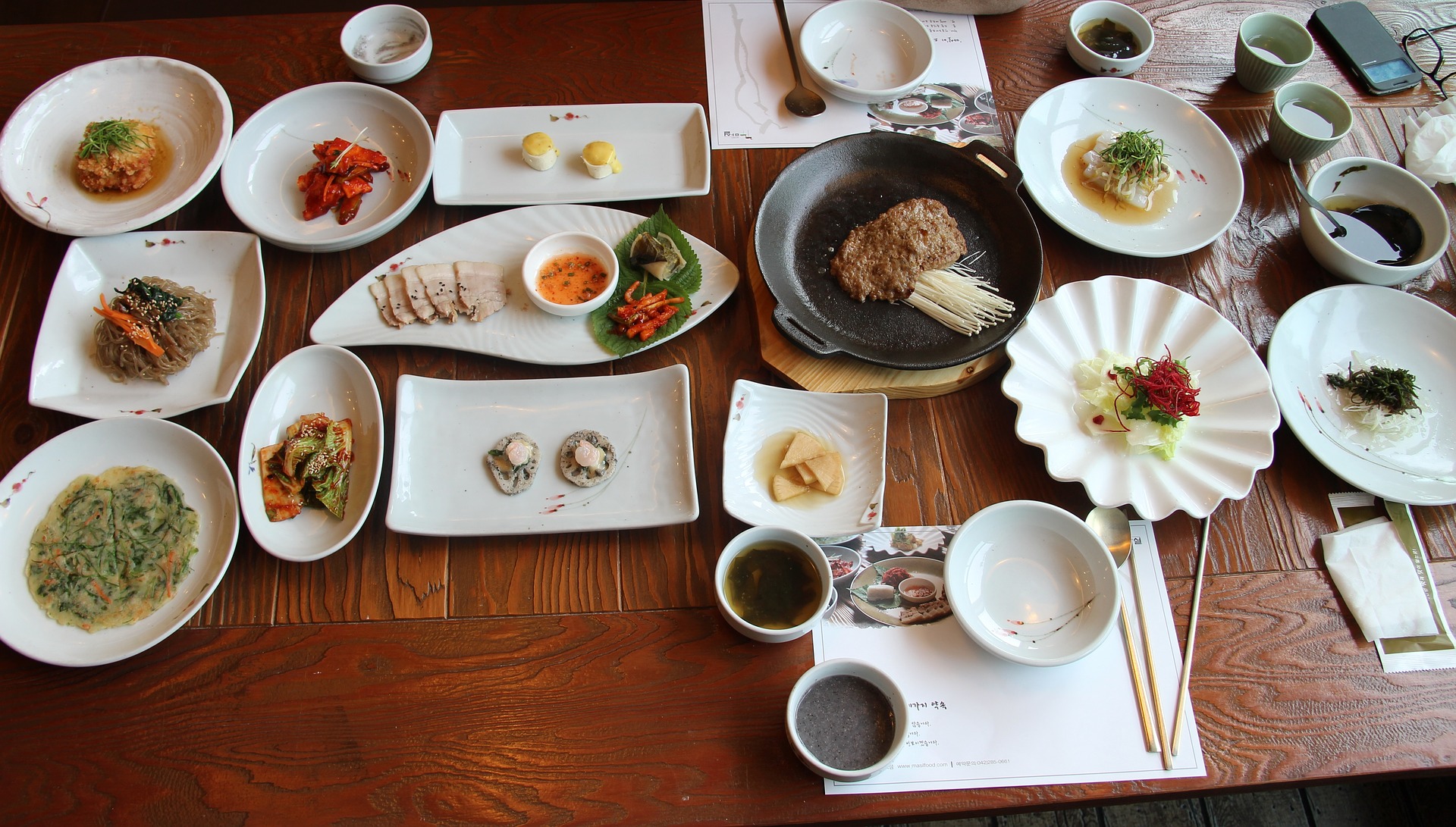A Review of Honorific Korean (Part 1) Posted by Flying Oyster on Jul 20, 2020 in Korean Language, Vocabulary
My husband seems to be more cautious to speak to my parents, especially my father. He thinks that he has to speak perfect honorific Korean to my parents in order to show respect. I told him many times that my father would understand even if he makes some mistakes, but he still can’t be free from the notion.
존대말 (jon-dat-mahl: the Korean honorific) is difficult and it can seem very confusing when you are first learning Korean. Today, I am going to review a list of 존댓말 that are frequently used in colloquial Korean. Let’s review simple 존댓말 first.
- 안녕하십니까? (Hello.)
안녕하다 (ahn-nyung-hah-dah: be peaceful) – 안녕하시다 (ahn-nyung-hah-si-dah: honorific)
- 저의 이름은 마이클입니다. (My name is Michael.)
나 (nah: I, my) – 저 (jeoh: honorific)
- 따님을 저에게 주십시요. (Please, allow me to marry your daughter.)
딸 (ddahl: a daughter) – 따님 (ddah-nim: honorific)
주다 (joo-dah: give) – 주시다 (joo-si-dah: h)
- 저희는 어제 한국에 도착했습니다. (We arrived in Korea yesterday.)
우리 (woo-ri: we) – 저희 (jeoh-hee)
- 고모님이 댁에 계셨습니다. (Aunt was at home.)
집 (jip: house, at home)- 댁 (daek)
있다 (it-dah: be, exist) – 계시다 (gye-si-dah)
- 큰아버지가 주무십니다. (Uncle is sleeping.)
자다 (jah-dah: sleep) – 주무시다 (joo-moo-si-dah)
7. 어머님께서 이쪽으로 오십니다. (Mother is coming this way.)
오다 (oh-dah: come) – 오시다 (oh-si-dah)
- 이모님께서 저쪽으로 가십니다. (Aunt is going that way.)
가다 (gah-dah: go) – 가시다 (gah-si-dah)
- 진지는 잡수셨습니까? (Did you eat?)
밥 (bop: meal, rice)- 진지 (jin-ji)
먹다 (muk-dah: eat) -잡수시다 (jahp-soo-si-dah)
- 어르신이 말씀을 하십니다. (An older person is speaking.)
말 (mahl: speech, talking) – 말씀 (mahl-sseum)
어른 (uh-run: elders, senior) – 어르신 (uh-eu-sin)
하다 (hah-dah: do) – 하시다 (hah-si-dah)

Build vocabulary, practice pronunciation, and more with Transparent Language Online. Available anytime, anywhere, on any device.





